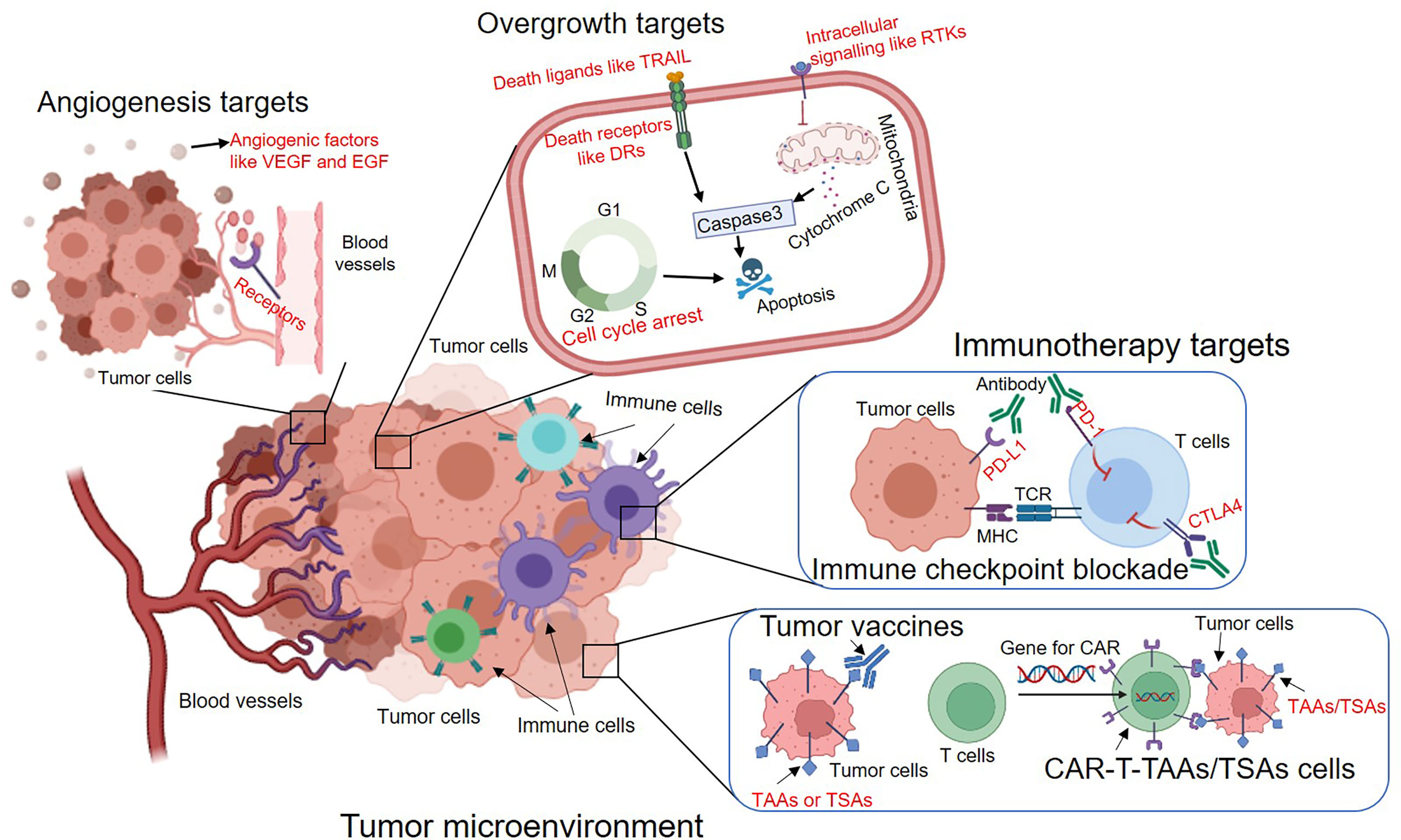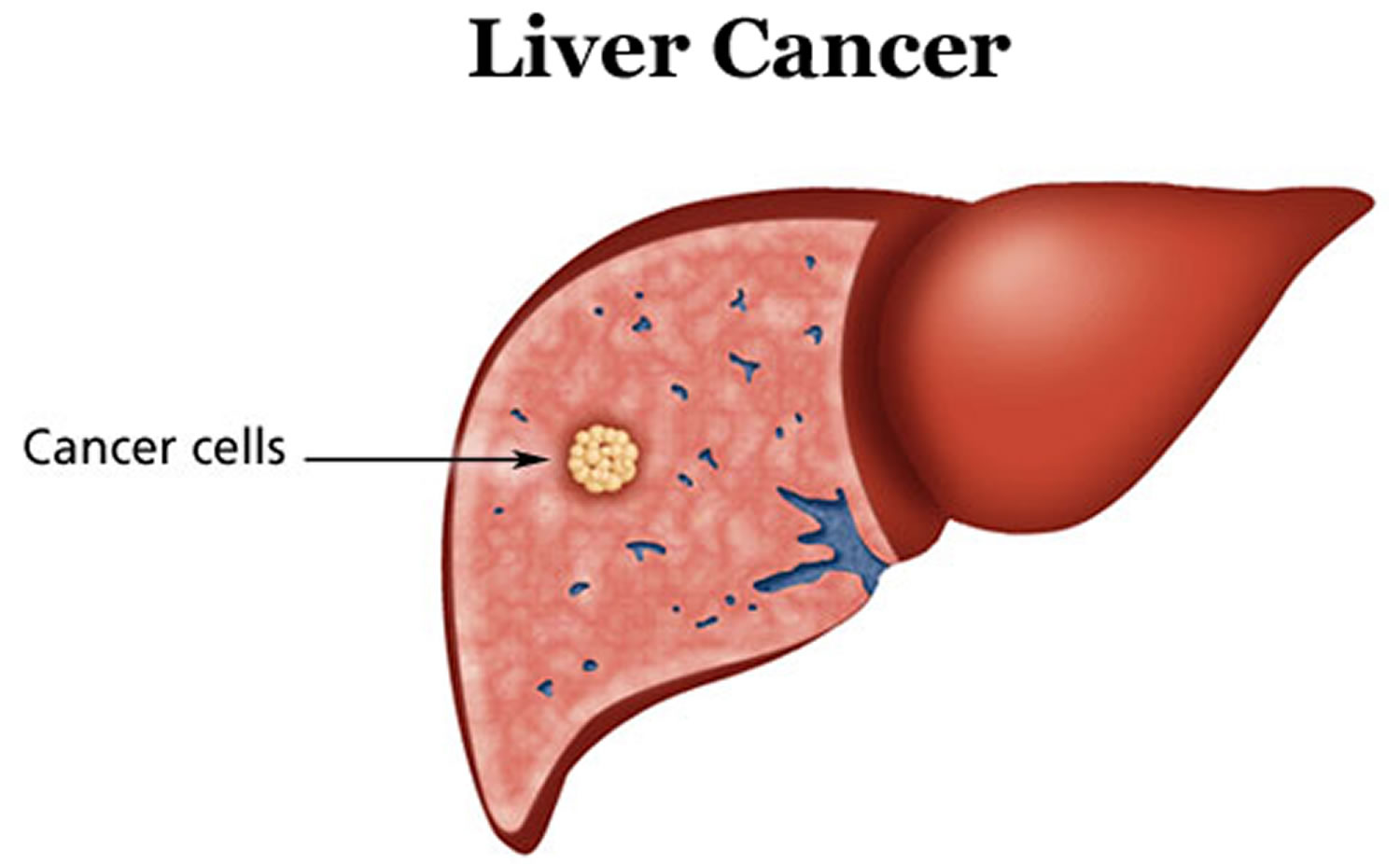Targeted molecular therapies represent a revolutionary approach in cancer research, aiming to combat the relentless growth of tumors through precise interventions at the molecular level. By exploiting specific protein interactions, these therapies can inhibit oncogenic processes that lead to cancer progression. Recent studies have illuminated the potential of molecular glues—innovative small molecules designed to tether disparate proteins together—thereby enhancing our understanding of drug discovery methodologies. As researchers delve into the complexities of genetic mutations within cancer cells, they reveal how these alterations can mimic the effects of molecular glues, providing new avenues for therapeutic intervention. This dual focus on both chemical and genetic factors positions targeted molecular therapies at the forefront of modern oncology, promising to transform treatment strategies for various cancers.
In the pursuit of effective cancer treatments, precision therapies have emerged as a vital tool, utilizing molecular strategies to disrupt the pathways of disease progression. Often referred to as molecular-targeted approaches, these therapies leverage the intricacies of protein interactions and genetic discrepancies to design novel interventions. Innovative solutions like molecular glues serve as a catalyst in this field, facilitating the binding of proteins that typically evade interaction. Understanding the mechanisms through which genetic mutations influence these interactions is critical for advancing drug discovery initiatives. As researchers continue to unravel the biochemical landscape of cancer, the integration of targeted therapies promises to redefine our approach to combating various oncological challenges.
The Role of Molecular Glues in Targeting Cancer
Molecular glues represent a groundbreaking approach in targeted cancer therapies, allowing researchers to manipulatively engage protein interactions that are pivotal in oncogenesis. These small molecules play an essential role by promoting interactions between proteins that would typically remain unbound. This unique mechanism enables the degradation of specific proteins that contribute significantly to cancer’s growth and progression, effectively turning the tide on previously ‘undruggable’ targets. As the bio-pharmaceutical field advances, molecular glues could redefine how we develop drugs aimed at addressing the complexities of cancer biology.
The ability to strategically design molecular glues hinges on the understanding of protein dynamics within cancer cells. By studying the structural aspects of protein interactions, researchers can create targeted therapies that disrupt oncogenic processes at their core. For instance, the discovery that certain mutations can mimic the effect of these molecular glues provides a dual pathway for drug discovery: it opens avenues for developing new agents while simultaneously offering insight into the genetic landscape of tumors.
Understanding Protein Interactions in Cancer Research
At the heart of cancer research lies the intricate web of protein interactions that govern cellular behavior. Disruption of these interactions can lead to uncontrolled cell proliferation and metastasis. Researchers have identified critical protein complexes involved in these processes, such as CoREST, which regulates gene expression and cellular pathways. By employing advanced techniques like cryo-electron microscopy, scientists can visualize how mutations affect these essential networks, enabling a more profound understanding of cancer’s molecular underpinnings.
Moreover, the exploration of protein interactions extends beyond simply identifying targets for drug therapies. Understanding how proteins interact with one another reveals the potential for new therapeutic strategies that can manipulate these interactions to inhibit cancer progression. This knowledge is crucial for developing targeted molecular therapies, aligning with the ongoing effort to discover effective interventions that can withstand the mutagenic processes within cancerous cells.
Innovative Approaches in Drug Discovery
Drug discovery has undergone transformative changes with the advent of novel methodologies that incorporate insights from molecular biology and chemistry. Recent advancements emphasize the importance of targeted interventions, particularly in utilizing small molecules like molecular glues to disrupt specific protein interactions. These innovative approaches can significantly enhance the efficiency of drug design processes, allowing for the generation of tailored therapies that address the nuances of various cancers, including pediatric brain cancers such as medulloblastoma.
The integration of functional genomics with traditional drug discovery approaches marks a notable shift towards more personalized medicine. By leveraging the characteristics of identified genetic mutations, researchers can prioritize molecular glues and other small molecules that align with the genetic profiles of specific tumors. This synergy between understanding oncogenic processes and drug development not only accelerates the creation of effective treatments but also promotes a more profound understanding of disease mechanisms.
The Convergence of Genetics and Chemical Modalities
The concept of convergence in cancer research highlights the relationship between genetic mutations and the action of small molecules. This intersection deepens our understanding of how changes in genetic code can influence protein interactions within malignancies. The synergy seen between genetic and chemical modalities offers a new paradigm for addressing cancerous growth, as researchers seek to explore these interactions to inform drug design. Such convergence indicates the potential for molecular therapies that can disrupt the pathways leading to uncontrolled tumor growth.
Further research into this convergence is essential, as it may uncover additional genetic mutations that serve as catalysts for new protein interactions. By mapping these relationships, researchers can enhance their ability to engineer molecular glues that specifically target aberrant protein complexes. Ultimately, harnessing the power of this convergence not only aids in the development of novel cancer therapies but can also contribute to broader applications in combating various diseases linked to similar molecular mechanisms.
Future Directions in Targeted Molecular Therapies
Looking ahead, the landscape of targeted molecular therapies is poised for extensive exploration. As researchers like Brian Liau and his team delve deeper into the role of molecular glues, the potential for discovering previously unidentified protein interactions is significant. These investigations could provide essential insights not only into cancer treatment but into a range of diseases that are influenced by similar molecular pathways. The future of drug discovery may indeed lie in the ability to harness these findings to create highly specific therapeutic agents.
The implications of continuing research in this area extend beyond the confines of cancer. The strategies derived from understanding protein interactions carry the potential to reshape our approaches to treating a variety of diseases. As methodologies evolve and collaborative efforts among institutions increase, the application of targeted molecular therapies may pave the way for innovative solutions to complex health challenges facing society.
Impact of Genetic Mutations on Cancer Therapy
Genetic mutations play a pivotal role in the development of cancer, influencing how cells grow and respond to therapeutic agents. By closely examining these mutations, particularly in critical proteins like KBTBD4, researchers can identify how alterations in protein structure contribute to oncogenic processes. This knowledge is vital for developing targeted therapies that can overcome the limitations imposed by these mutations, thereby improving treatment efficacy for patients with specific cancer types.
Moreover, understanding genetic mutations provides a pathway to personalized medicine, where therapies are tailored to the individual genetic makeup of a patient’s tumor. This approach not only enhances the effectiveness of treatments but also reduces the likelihood of adverse reactions. As researchers continue to unravel the complexities of genetic influences on cancer biology, the integration of this understanding into clinical practice is expected to improve outcomes for cancer patients significantly.
The Future of Molecular Glue Therapeutics
Molecular glue therapeutics hold immense promise in revolutionizing cancer treatment paradigms. By facilitating deliberate and targeted protein interactions, these small molecules can significantly impact the effectiveness of existing therapeutic strategies. Researchers are now focusing on optimizing these molecules to enhance their specificity and efficiency, which is critical in minimizing off-target effects and maximizing therapeutic outcomes.
The future success of molecular glue therapies will depend significantly on continued collaboration within the scientific community. By sharing knowledge across disciplines such as chemistry, biology, and genetics, researchers can foster innovative approaches to drug discovery. Such interdisciplinary collaboration will ensure that molecular glue therapeutics are not only effective against cancer but also adaptable to various disease conditions that share similar molecular characteristics.
Integrating Structural Biology in Cancer Research
The integration of structural biology into cancer research has opened new frontiers in understanding how protein structures influence cellular functions. With technologies like cryo-electron microscopy providing unprecedented insights into protein architecture, researchers are better equipped to identify how specific mutations alter protein interactions that contribute to cancer. This detailed understanding aids in the rational design of therapies that can target these altered interactions effectively.
Furthermore, structural insights enable researchers to inform the development of small molecules, including molecular glues, that can specifically engage proteins altered by mutations. By determining how these structures interact, scientists can design therapeutic agents that block or modify these interactions to combat cancer growth. This level of precision in drug discovery represents a significant advancement over traditional methods, underscoring the critical role of structural biology in the future of cancer therapies.
The Promise of Personalized Cancer Treatments
Personalized cancer treatments are becoming increasingly feasible through advancements in molecular biology and genetics. By understanding the specific genetic mutations present in a patient’s tumor, researchers can tailor therapies that align with the unique molecular profile of the cancer. This precision medicine approach stands to enhance treatment efficacy and minimize side effects, providing a more hopeful outlook for cancer care.
As research progresses, the implementation of targeted molecular therapies, including the application of molecular glues, will likely expand. Such targeted approaches hold the potential to revolutionize the cancer treatment landscape, shifting away from one-size-fits-all strategies towards more individualized plans that consider each patient’s unique genetic makeup. The future of cancer therapy lies in this tailored approach, driven by ongoing research and discoveries in molecular interactions.
Frequently Asked Questions
What are targeted molecular therapies and how do they work in cancer treatment?
Targeted molecular therapies are innovative treatments designed to specifically attack cancer cells by targeting unique genetic mutations or protein interactions within these cells. These therapies, including molecular glues, aim to interfere with oncogenic processes, disrupt malignant growth, and enhance the effectiveness of drug discovery strategies by selectively inhibiting or degrading disease-causing proteins.
How do molecular glues contribute to targeted molecular therapies in cancer research?
Molecular glues are small molecules that facilitate interactions between proteins that typically do not associate with one another. By inducing these interactions, they can trigger the degradation of specific proteins involved in cancer development, providing a novel approach in targeted molecular therapies. This mechanism allows researchers to explore previously ‘undruggable’ targets, thereby expanding the arsenal of cancer treatments.
What role do protein interactions play in targeted molecular therapies?
Protein interactions are central to targeted molecular therapies, as they can determine the behavior and fate of cancer cells. Understanding and manipulating these interactions using strategies like molecular glues allows researchers to disrupt oncogenic processes and improve the effectiveness of cancer treatments by turning harmful protein interactions into therapeutic targets.
What advancements have been made in drug discovery related to molecular glues?
Recent studies have highlighted the potential of molecular glues in drug discovery by demonstrating their ability to alter critical protein interactions in cancer cells. By targeting complex biological symmetries and enhancing our understanding of protein dynamics, researchers are on the verge of creating more effective targeted molecular therapies that address the complexities of cancer biology.
How do genetic mutations influence the effectiveness of targeted molecular therapies?
Genetic mutations can significantly modify protein structures and functions, impacting how they interact. In targeted molecular therapies, understanding these mutations allows researchers to design treatments that specifically exploit these changes, enhancing the therapeutic effect. For instance, mutations in proteins like KBTBD4 can convert normal interactions into harmful ones, making targeted therapies essential for effective cancer treatment.
In what ways can targeted molecular therapies extend beyond cancer treatment?
While primarily focused on cancer, targeted molecular therapies, including molecular glues, have the potential to reshape the treatment landscape for a variety of diseases. By harnessing the principles of protein interactions and genetic mutations, researchers can apply these strategies to other conditions, indicating their broad therapeutic potential in tackling different pathologies.
What is the significance of the convergence of small molecules and genetic mutations in targeted molecular therapies?
The convergence of small molecules like molecular glues and genetic mutations represents a groundbreaking approach in targeted molecular therapies. This synergy allows for a dual strategy: understanding how mutations affect proteins can lead to the design of small molecules that counteract these changes, thereby advancing drug discovery and therapeutic interventions for complex diseases.
| Key Point | Description |
|---|---|
| Significant Advancement in Targeted Therapies | Recent studies demonstrate the development of innovative molecular therapies that aim to disrupt uncontrolled cancer growth. |
| Molecular Glues | Small molecules designed to force normally unconnected proteins to bind, triggering degradation of one protein via the cell’s degradation system. |
| Key Research Findings | Studies explored how molecular glues and genetic mutations can impact protein interactions, revealing a new mechanism for drug design. |
| Collaboration and Contributions | Research was a collaborative effort across multiple institutions, involving a team of dedicated scientists and innovative methodologies. |
| Future Research Directions | Further investigations into genetic mutations and their effects on protein interactions could enhance drug discovery efforts. |
Summary
Targeted molecular therapies represent a promising revolution in the treatment of cancer. Recent breakthroughs from Harvard researchers highlight how innovative strategies involving molecular glues and genetic mutations can significantly alter protein interactions within cancer cells. These advancements not only pave the way for potential therapies but also enhance our understanding of cancer’s molecular underpinnings, offering insights into future treatments for various diseases beyond cancer.



